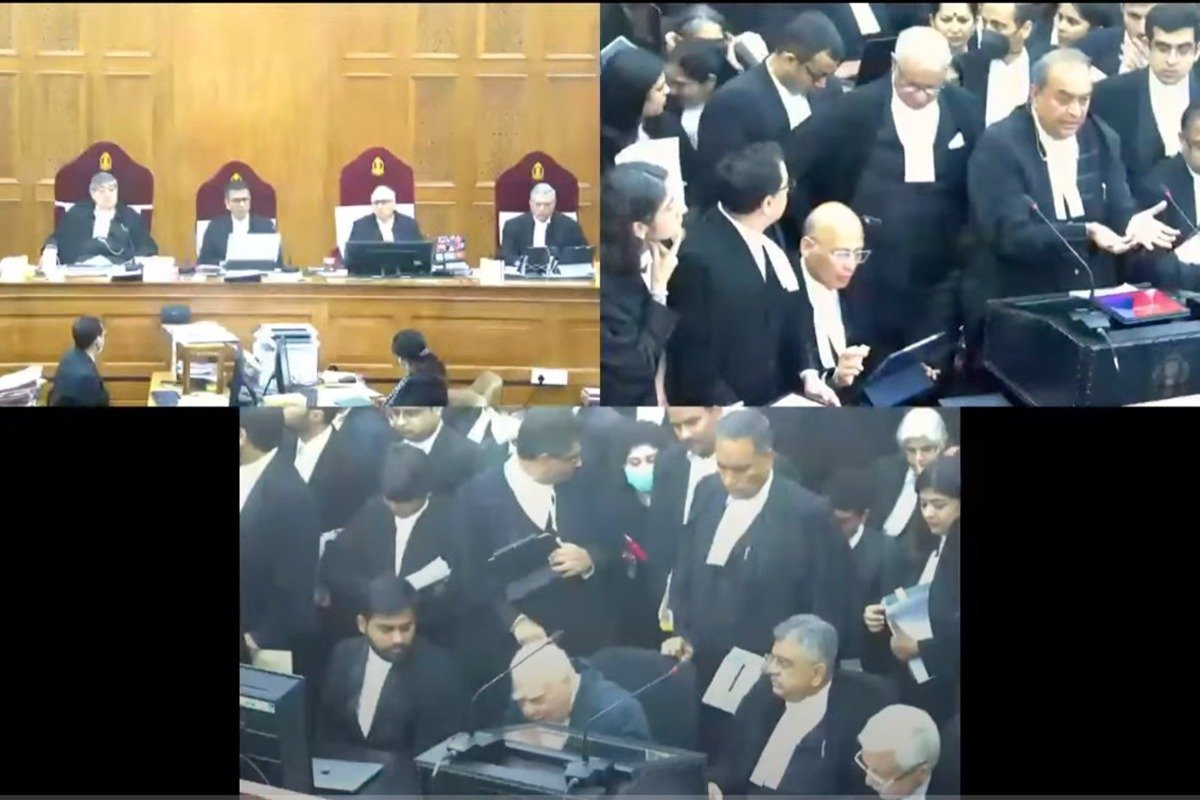The Chief Justice of India’s comments on biological sex during a hearing on same-sex marriage have raised concerns about the implications of negating the idea of biological sex. While the LGBTQ+ community should have individual rights and protection under the law, rejecting biological sex for the sake of argument is problematic at its best, and dangerous at its worst. Gender expression should not be limited, but ignoring the concept of biological sex makes it difficult to create fair jurisprudence for the LGBTQ+ community.
The recent debate on legalizing same-sex marriage in India has sparked discussions about the distinction between sex and gender. The judges have examined the possibility of amending the Special Marriage Act of 1954 (because this is the only law independent of personal laws of different religions) to include LGBTQ+ people, despite objections from the government.
The debate on sex and gender could have far-reaching implications beyond same-sex marriage. For instance, it could impact women’s reservation, sports, and empowerment initiatives. Recently, the World Athletics banned transgender women from competing in elite female competitions to protect the integrity of women’s sports.
During the hearing, the Chief Justice opined that sex is not solely determined by one’s genitals and that there is no absolute concept of a man or a woman. While gender is a fluid concept based on personal identity, sex is a biological fact based on chromosomes and physiology. The ongoing hearings urge for a nuanced understanding of the distinction between sex and gender and its implications for various aspects of society.
The current focus on the victimhood of artificially created marginalized groups with mixed identities has led to a distorted public understanding of basic biology and denigration of women’s rights. The end goal should not be the dismantling of society, including family, culture, and institutions, but rather the protection of individual rights and the promotion of equality. And the Chief Justice of a country should be the last one to make such scientifically untenable utterances. Such radical judicial activism might put the spotlight on the individual on the bench, but is absolutely detrimental to the health of the Indian judiciary.










